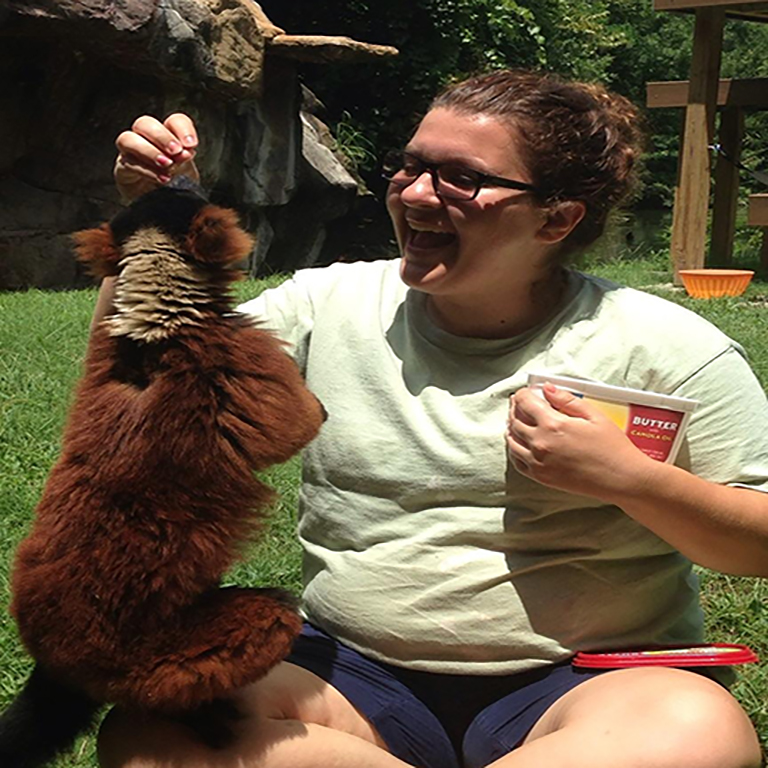Set yourself up for success-begin your plans for veterinary school early! Check out these important resources below to help prepare and motivate you on your way toward becoming a veterinarian.
Preparing for Veterinarian School
Start Building Your "Resume"
Students are encouraged to reach out to their academic advisors early into their undergraduate program and inform them of their interest of attending professional or graduate school. Advisors can provide guidance toward selecting recommended classes and ensure you have taken the correct academic courses for entrance to graduate school.
Is veterinary school right for you? Veterinary medicine requires a diverse set of skills- from humanities to the sciences:
- Communication Skills
- Interpersonal Skills
- Leadership
- Critical Thinking
- Research
- Ethics
- Compassion
Numerous extracurricular activities can improve your skillset and improve your applications:
- Volunteering at animal shelters, humane societies
- Student Government
- 4-H
- Future Farmers of America (FFA)
- School Clubs and Organizations
Internships and Job Shadowing

Get hands-on experience through internships and job shadowing! Consider looking for internships or job shadowing at animal hospitals, clinics, or farms. For more information on internships visit Career Services.
Research Veterinarian Programs
Begin researching veterinary schools early! Admission requirements differ from school to school, so it is crucial to explore multiple programs. Make a list of your preferred schools, and always include a backup school or two! Consult the Veterinary Medical School Admission Requirements (VMSAR) to research and compare schools.
Some factors to consider:
- Location
- Tuition Costs
- GPA and GRE Requirements
- Grade Averages
- Opportunities
- Class Sizes
Graduate Record Exam (GRE)
The Graduate Record Exam (GRE) is a standardized test that students take in preparation of graduate school. Most veterinary schools require GRE scores, and some may require the Biology GRE. Some schools also accept the Medical College Admission Test (MCAT).
The GRE is approximately three hours and forty-five minutes long and consists of three parts:
- Verbal Reasoning
- Quantitative Reasoning
- Analytical Writing
The GRE is offered throughout the year, and Pre-Vet students are encouraged to take the exam a year before applying to veterinary school, ideally in the winter or spring. However, you should ultimately take the GRE when you are ready!
While it varies from person to person, plan on studying between fifty to two hundred hours before taking the test. For more information on the GRE visit:

